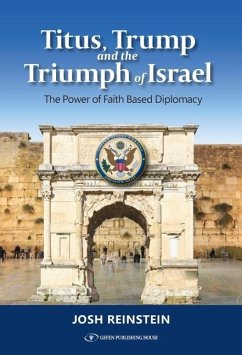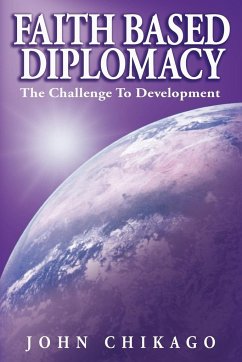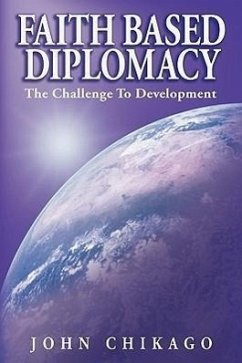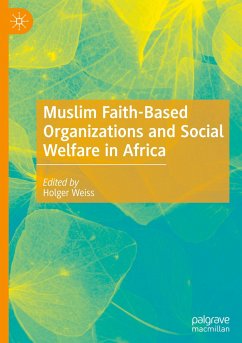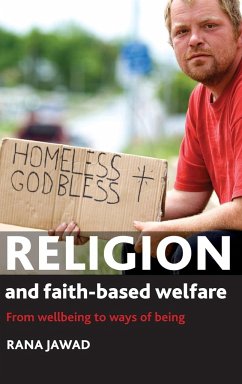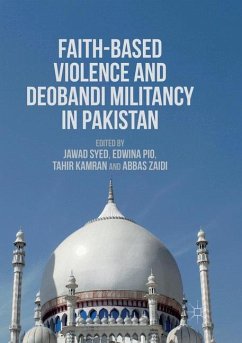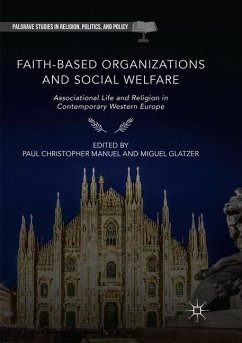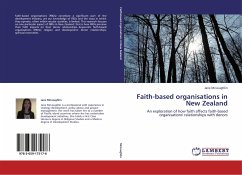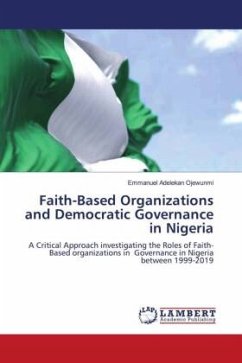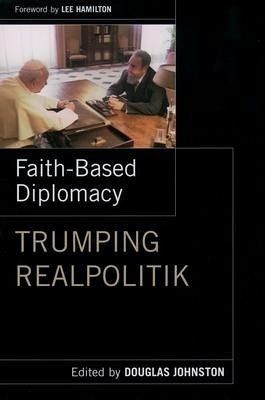
Faith-Based Diplomacy
Trumping Realpolitik
Versandkostenfrei!
Versandfertig in 1-2 Wochen
63,99 €
inkl. MwSt.

PAYBACK Punkte
32 °P sammeln!
The continued exclusion of religious considerations from the diplomatic enterprise contributes to the inability to communicate across the divide that currently separates the religious world of Islam and the quasi-seculr world of the West. The same holds true of other hotspots around the globe where religion plays a key role in ongoing conflicts. This book suggests a way to bridge the gap by means of a "faith-based diplomacy" that blends religious insights and influence with the practice of international politics. This activity, say the authors, cannot be controlled by governments - their polit...
The continued exclusion of religious considerations from the diplomatic enterprise contributes to the inability to communicate across the divide that currently separates the religious world of Islam and the quasi-seculr world of the West. The same holds true of other hotspots around the globe where religion plays a key role in ongoing conflicts. This book suggests a way to bridge the gap by means of a "faith-based diplomacy" that blends religious insights and influence with the practice of international politics. This activity, say the authors, cannot be controlled by governments - their political agendas would compromise the integrity of such initiatives - but it is something they can reinforce and build upon to good effect in the right circumstances. After presenting this argument, the book goes on to offer close analyses of five of the world's most intractable conflicts (Sri Lanka, Bosnia, Sudan, Kashmir, and Israel/Palestine) in which the authors attempt to establish guideposts that can help point the way for faith-based intervention in these troubled places. Faith-Based Diplomacy will function as a sequel to Douglas Johnston's groundbreaking collection Religion, the Mission Dimension of Statecraft, which pioneered the study of the role of the religion in conflict resolution.





